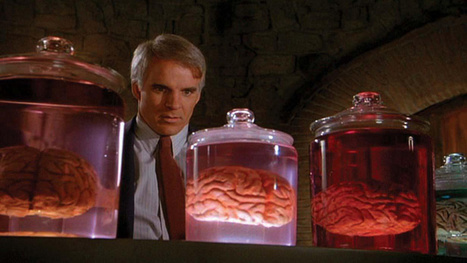One of the biggest challenges people have with intuitive decision making is how to differentiate between fear and intuition. Learn how to tell the difference.
A major part of the process of intuitive decision making is learning how to differentiate between your emotions and your pure, intuitive voice. In my experience, I can identify intuition more by feeling than by emotion. Emotion is secondary in the process, in that it can arise from a feeling and in this way be related to and directly stem from ones intuition. However, our intuitive voices speaks to us in sudden flashes of insight, which usually move at a much faster pace than emotions, which always arise in reaction to thoughts, experiences or our perceived reality.
Therefore, if you are feeling fear, it is almost always a sign that whatever intuitional message may have been present has likely been surpassed and lost as one moves into more habitual patterns of reacting to a given stimuli, thought, or situation. Fear tends to muddy the waters, as do many emotions, in terms of intuition. Again, intuition comes more in the form of feelings such as hesitation, feeling compelled to do or say something, knowing, insight, revelation, vision, sudden awareness of an idea or thought and so on. There is also typically a physical component such as a going weak or strong feeling, gut reaction, etc. As you learn to trust yourself more deeply, the intuitive voice becomes stronger and more noticeable. At first it can be hard to identify. Using self-trust building affirmations can greatly speed up the process.
- See more at: http://www.thehealersjournal.com/2013/09/17/intuitive-decision-making-how-to-identify-fear/#sthash.kD5Z64dN.dpuf
Via Philippe Vallat



 Your new post is loading...
Your new post is loading...










